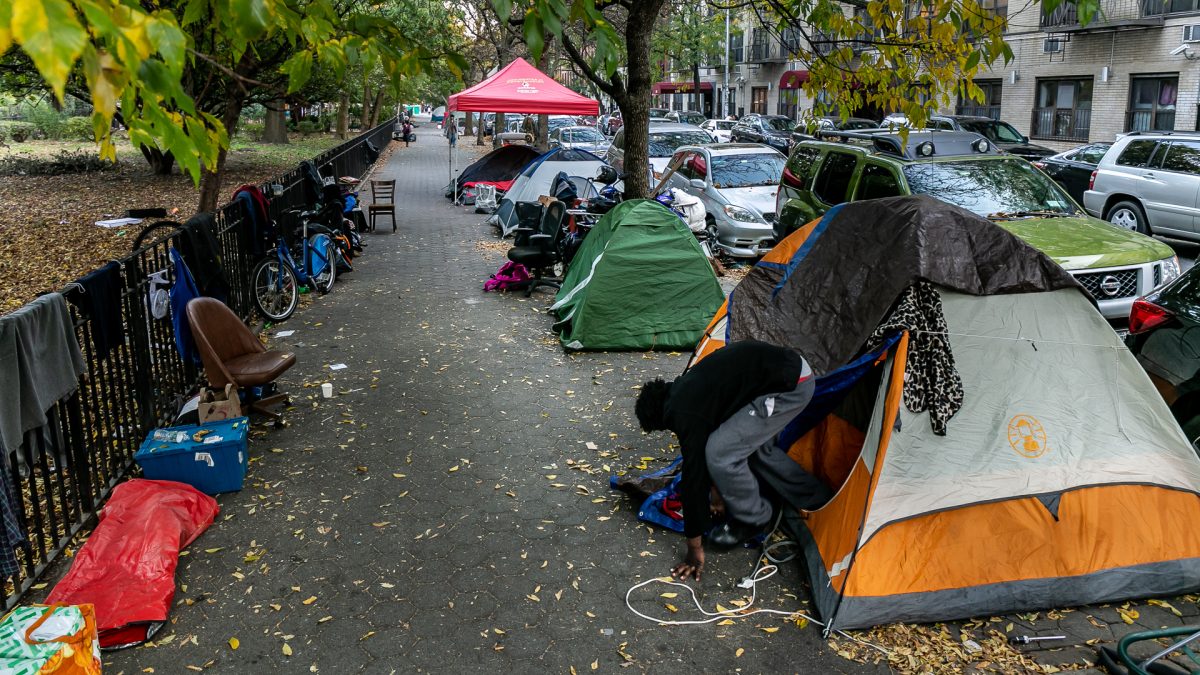Ladies and gentlemen, we’ve done it. For the first time in human history, Johan Rockström, co-chair of the Global Commission on the Economics of Water and report author, revealed yesterday that we have disrupted our water cycle.
The water cycle, also known as the hydraulic cycle, is significant since it is how water reaches plants, animals, and humans. According to the National Oceanic and Atmospheric Administration, the cycle itself is that when it rains, the water is soaked into the ground, and the excess evaporates and returns to the Earth’s atmosphere, where it collects until it rains again. This interruption will result in less rainfall, which finally causes more dry crops and even city subsidence as the groundwater under them dries out. For instance, NYC, according to NASA, sinks approximately 1.6 millimeters per year.
The current water crisis has already resulted in 3 billion people experiencing water scarcity. And it currently affects 50% of world food output. The World Commission on the Economics of Water predicts that by 2050, there will be an 8% decline in world GDP. Lower-income countries will experience a 10-15% reduction in GDP. And, given the current economic needs, our global water supply is rapidly diminishing. On average, one person requires 1,000 gallons of water per day to live comfortably, and the resources in question cannot ensure this at the moment.
Global economic strategies have ignored the need for a freshwater resource known as ‘green water.’ Which is stored in the planet’s soils and vegetation. Because of the more severe consequences of climate change, deforestation has been steadily increasing, resulting in less of this ‘green water,’ which is essential to the water cycle process.
The cost of inaction is recognized to be far higher than the expense of resolving this worldwide issue. According to the World Population Review, the top 10% of worldwide communities affected by deforestation, including Brazil, Indonesia, and the Democratic Republic of Congo, are in high danger. The following places have dense populations, including northern India, northeastern China, and southern and eastern Europe.
Ngozi Okonjo-Iweala, director general of the World Trade Organization and co-chair of the panel that produced the study, says that while this is a tragedy, it also presents an opportunity to transform the economics of water. With this in mind, the Global Commission has already begun developing a framework for a mission to reverse the damage.
On another note, NASA has released its fiscal budget request for the year. Which turned out to be a tidy 25.875 billion.Now, some may argue that this is a bit excessive given the current status of our globe. On Monday of this week, however, they launched the Europa Clipper to look for livable conditions on one of Jupiter’s moons. In the words of new Gen Alpha, Chat.. are we cooked?









































